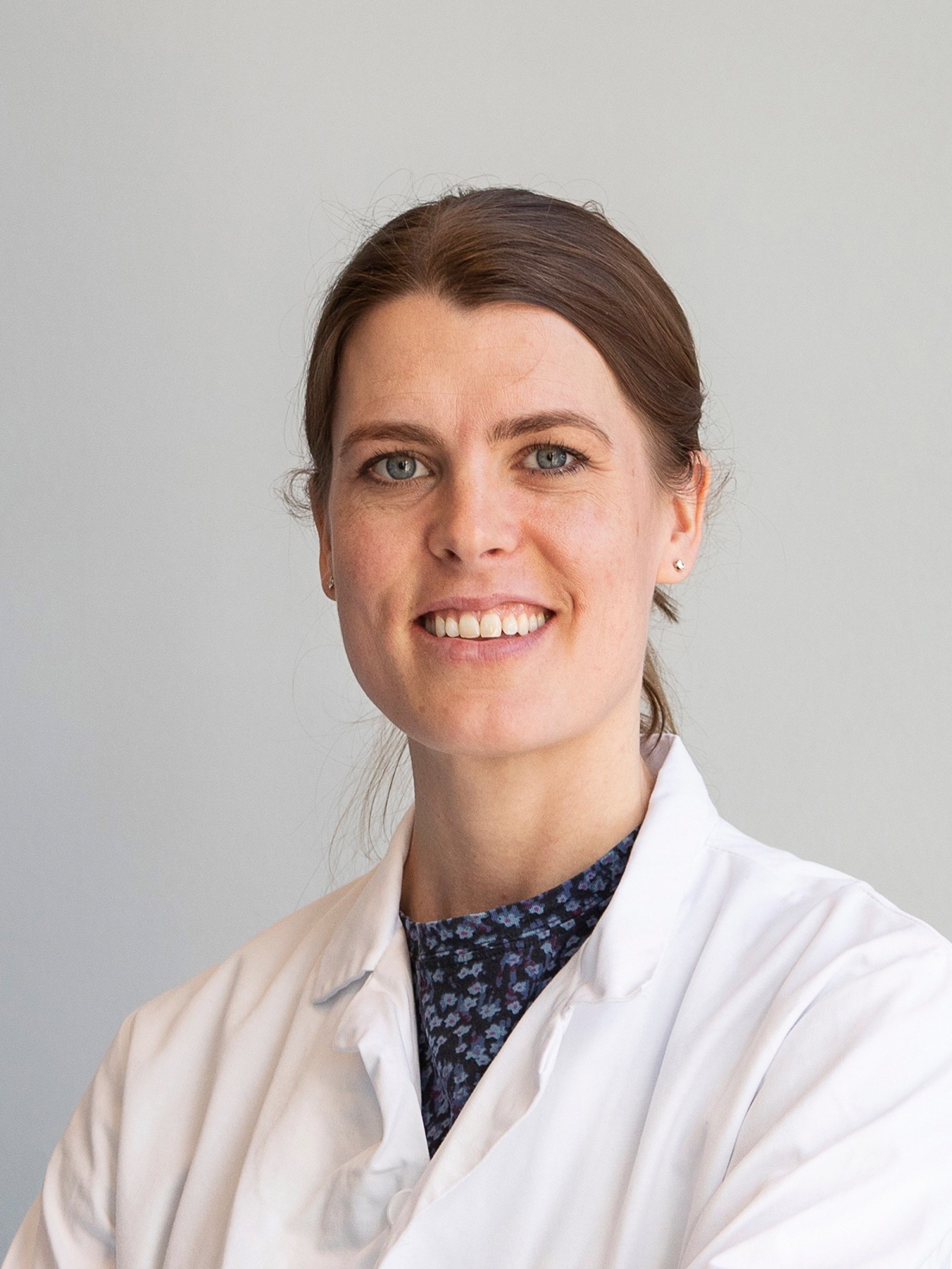
Dr Trine Holt Edwin, a geriatrician and postdoctoral fellow at the Oslo Clinical Dementia Research group at Oslo University Hospital, in Norway, recently authored a study that examined the connection between cognitive impairment and dementia in later life and occupation in midlife.
A bigger or better cognitive reserve increases the brain’s resilience and flexibility, and allows for cognitive performance that is better than expected later in life, given the degree of life-course-related brain changes or disease.
The cognitive reserve hypothesis, she says, presupposes that “cognitive abilities acquired through education and other cognitively stimulating activities throughout the lifespan can delay the onset of mild cognitive impairment and dementia”.
Holt Edwin’s study, of more than 7,000 Norwegians across 305 different occupations, found that those who held the least mentally challenging – or menial – jobs had a 66 per cent greater risk of mild cognitive impairment, and a 31 per cent greater risk of dementia, after the age of 70 compared with those in more mentally demanding positions.

The phrase “cognitive reserve” was coined by Professor Yaakov Stern, a neuropsychologist and chief of the Cognitive Neuroscience Division in the Department of Neurology at Columbia University in the US state of New York.
Stern published a paper in the early 1990s that observed people with higher education were less likely to develop Alzheimer’s disease. When he presented it at the Academy of Neurology, friends and colleagues made fun of the idea.
He used “cognitive reserve” to differentiate it from the “brain reserve” described by Robert Katzman a few years previously.

Katzman published research in the late 1980s based on the examination of the brains of elderly residents of a care home.
He found a number of their brains showed significant pathology of Alzheimer’s, yet their cognition ranked in the top 20 per cent of the nursing home residents – as good as, or better, than residents without any signs of Alzheimer’s in their brain.
Katzman concluded that this was because these people had bigger, heavier brains with more neurons and synapses, so they had more brain to lose in the face of dementia.
Katzman was a pioneer in the field of Alzheimer’s; his work demonstrated how widespread the illness actually was. When he published research on the prevalence of the illness in China, he concluded that people with higher levels of education appeared to have a lower incidence of dementia.
When he read this, Stern assumed the findings were flawed.
“They were using a mental status exam and I felt sure – of course – that people with higher education would do better on that test,” he said. “I felt it needed an incidence study – starting with people who were not demented and following them over time.”

Stern and his team set out to do exactly that and found that people with fewer than eight years of education had twice the risk of developing dementia compared to those with more.
They also found that people with “low lifetime occupational attainment” bore a similar risk. The implication of these findings, Stern concluded, was that educational and occupational experiences imparted a reserve against the expression of Alzheimer’s pathology.
Holt Edwin’s results support this hypothesis “by showing that cognitive abilities acquired through both education and occupation during early [life] and midlife appear to offer resilience against cognitive decline”.
Categorising individuals according to the level of an occupation’s complexity versus how routine-oriented their work was, the scientists found the jobs with the “most mentally stimulating trajectory” were the ones that seemed to offer greatest protection.
More mundane work – that of cleaners, mail carriers and road workers – was among the least mentally challenging.

Researcher Pamela Almeida-Meza, at University College London, found that even those who were not afforded the same educational or employment advantage can make up for the losses in learning, by reading for example.
She refers to the 1946 British National Birth Cohort study – a study arranged by social class and initially consisting of 5,362 people chosen at random from all births in England, Scotland, and Wales during a single week in March 1946 – as evidence of this.
At the time, she says, there were few women in higher education or senior positions at work, but many were self-educating, which had a positive impact ultimately on brain health.
All cognitively demanding activities later in life contribute to strengthening one’s cognitive reserve, she says, even if you are not working and did not work in an especially cerebral or taxing position.
Ironically, given my mother’s voiced wish that she had been a teacher, the jobs ranked as most stimulating were teachers and university lecturers.

